In 1955, a forward-thinking architect and philosopher named Paolo Soleri settled on a five-acre plot in Paradise Valley, Arizona to build a futuristic imaginarium. Arcosanti , described by Soleri as an “urban laboratory,” is a self-contained micro-city designed to challenge society's view of what human habitat can be and materialize his vision of “Arcology,” a hybrid science of architecture and ecology.
Today, in a pocket of the desert just about an hour north of Phoenix, Arcosanti is still active and evolving, and cradling a small, carefully curated annual music festival, FORM, devoted to the exploration of experimental music, art, poetry, and ideas.
The festival, now in its sixth year, is curated by Zach Tetreault of Hundred Waters, and is rich with variety. This year’s line-up included diverse acts from Kaytranada and Anderson .Paak, to Bonobo, Nicola Cruz, Channel Tres, Florence + The Machine, Japanese Breakfast and Serpentwithfeet, and plenty of stimulating panels and workshops.
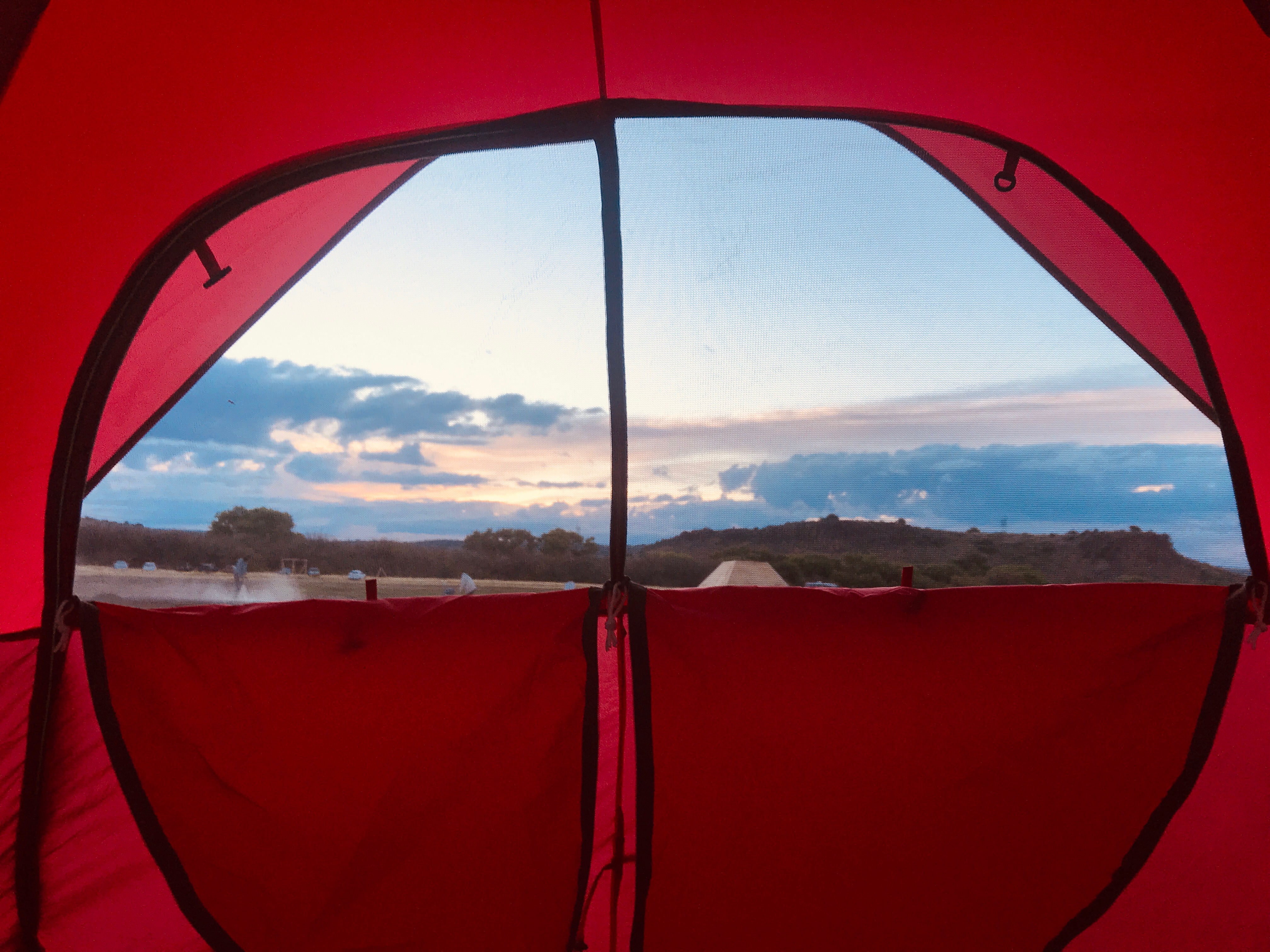
On a brisk Saturday morning in early May, as the sun rose in the desert, the smell of Palo Santo was everywhere. In the distance, the sounds of the city’s most famous export—Arcosanti bells—echoed, as did the spirit of Soleri’s vision. The people of FORM were invested in a certain imaginative romanticism, a notion of what “could be” with enough intention and thoughtful action. FORM employs Soleri’s Utopian philosophy, and applies it to music festivals, attempting to create a festival space that circumvents human flaws like wastefulness, consumerism, and disregard for the environment. The result is a festival event that appeals to desires more spiritual than social.
Arcosanti’s ceramic quarter-sphere Apse cradles a stage where the Los Angeles-based songwriter Miya Folick gave a commanding performance of her song “deadbody.” The ceiling of the Romanesque semicircular structure is detailed—a meticulous piece of architectural pottery commanding attention to all its nooks and crannies. The top of the rounded archway is contested by a T-shaped crown, a proud and protesting crown that Miya sang beneath. She offered lyrics about power, respect, and communication, hours after speaking on a panel about sexual and reproductive health.
There was something unique in her performance: a threaded intention, something reclamatory and courageous, something that gestured toward an awareness of the way we inhabit our bodies. It felt appropriate to see such a performance in a space that was built around considering the way we as humans inhabit the world.
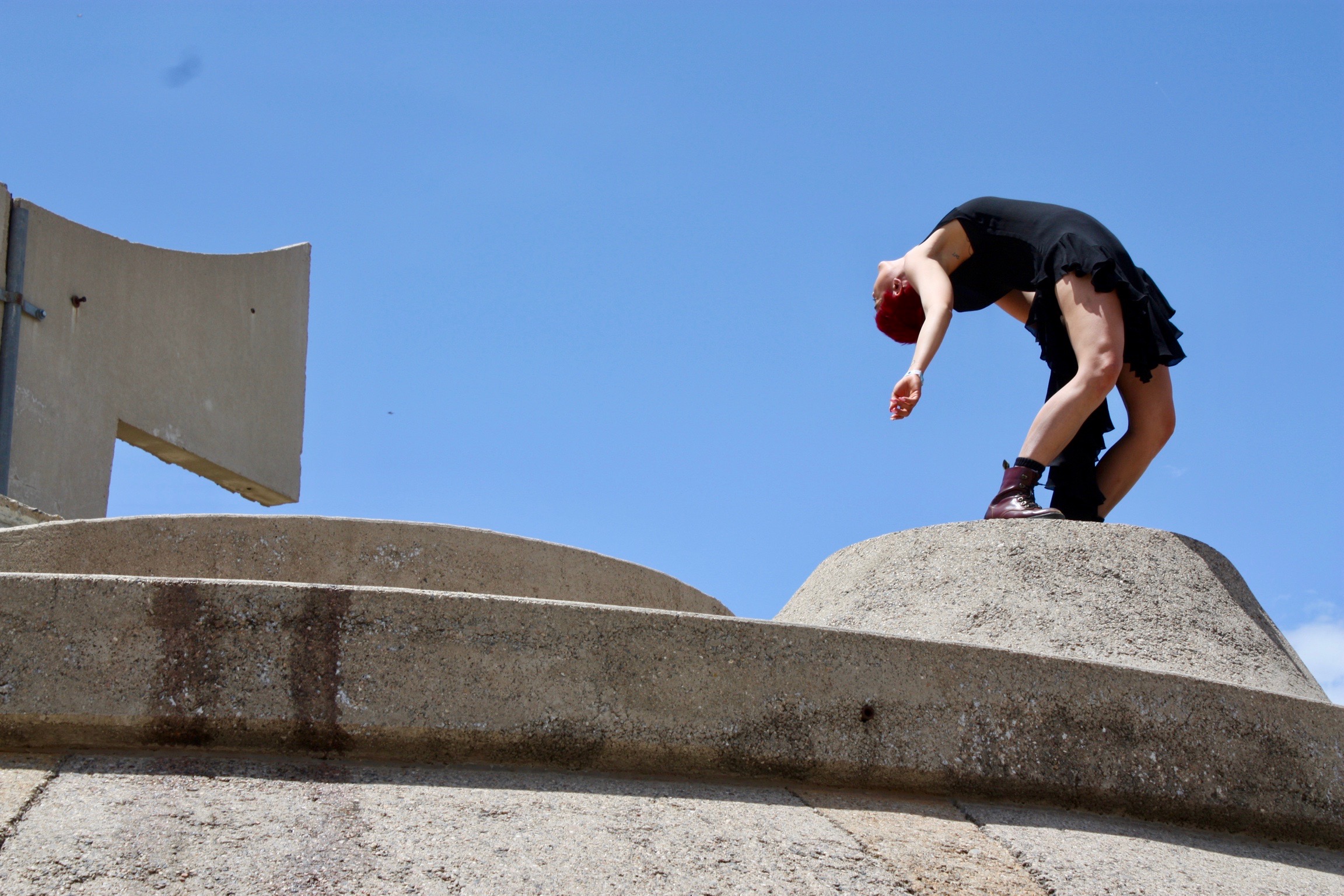
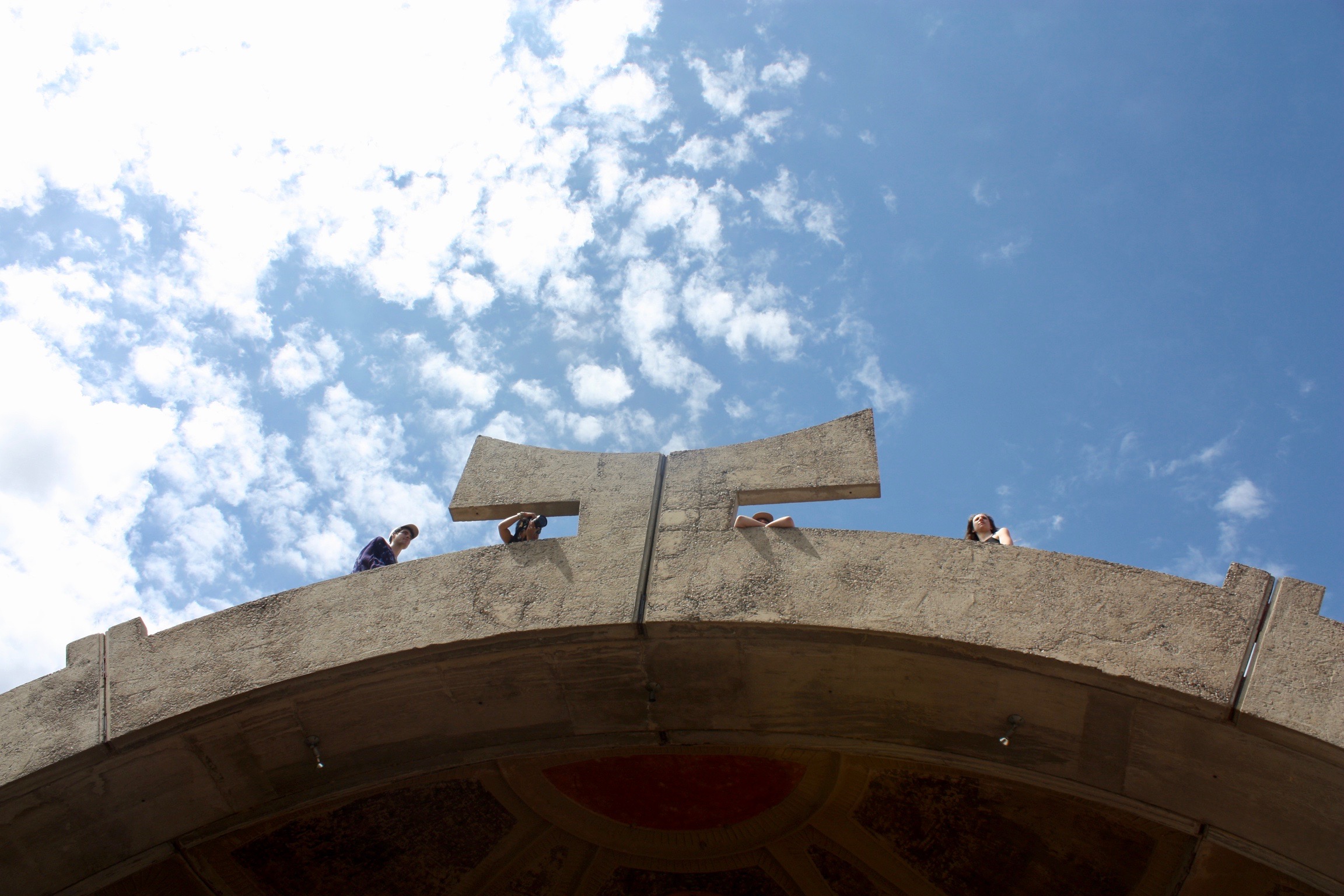
Arcosanti's year-round residents volunteer and help oversee the events, and the presence of the community is everywhere. The result is something sacred in the connection to the people who live on the land. Participants feel more like visitors—humbled and gracious. Soleri devoted his life to conserving nature’s abundance; only a real dipshit would leave a cigarette butt on the ground amidst his enchanted life’s work.
This is what makes FORM unlike any other music festival—an intrinsic awareness of the Earth and an inescapable sense of nature. It's a mesmerizing model of what the future could be if humans were acutely considerate of the planet.
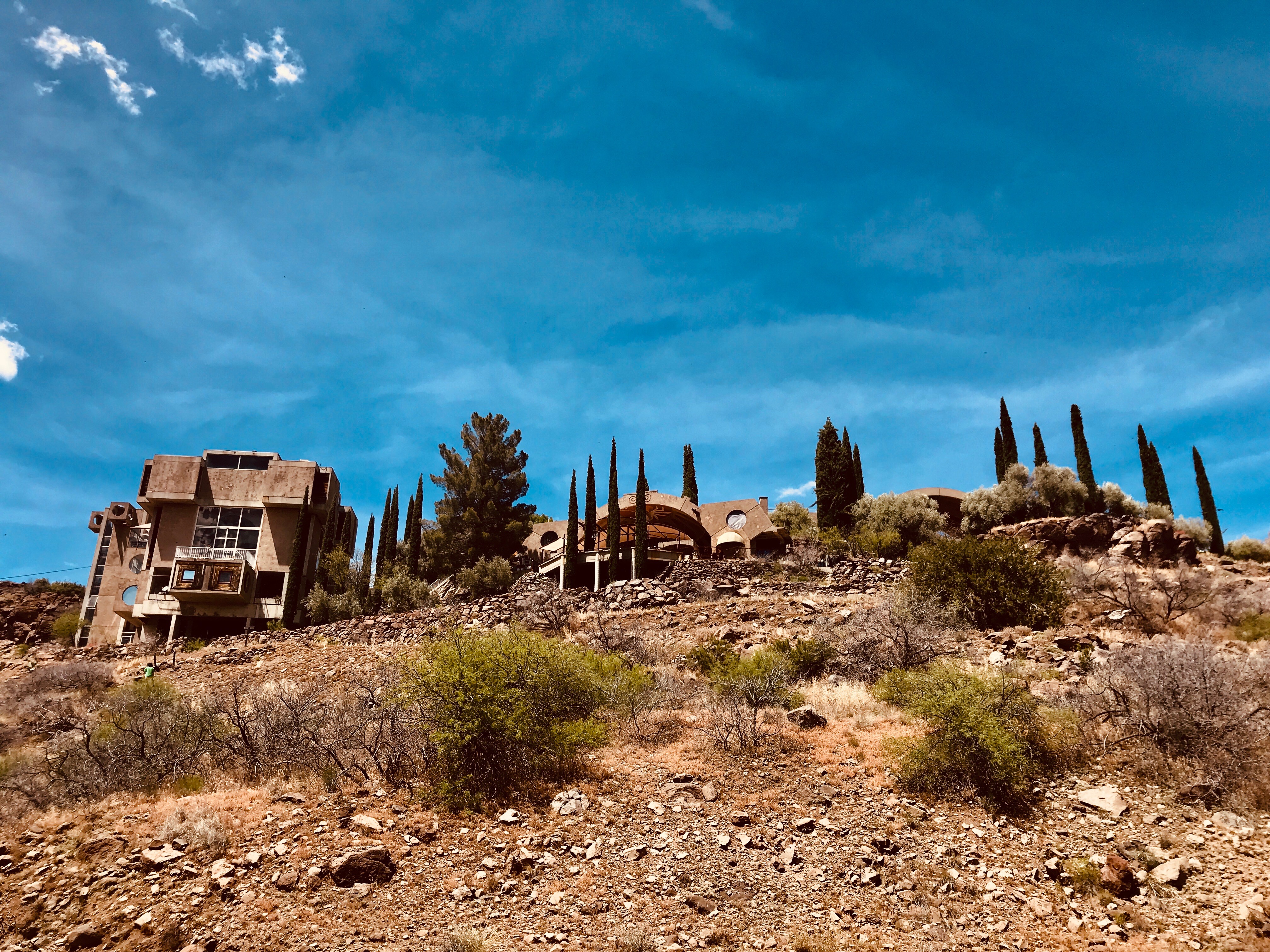
Beyond the landscape, the music and programming at FORM was eclectic and universal. Khruangbin and DJ Koze played in a sand-colored amphitheater, illuminated in blue and green. Florence Welch glowed like a botanical rock star, and absolutely no one’s cell phone obstructed the view. Everyone was moving effortlessly through the halls of an open-door art school, governed by their own inspiration, and in no rush to maximize an Instagram moment.
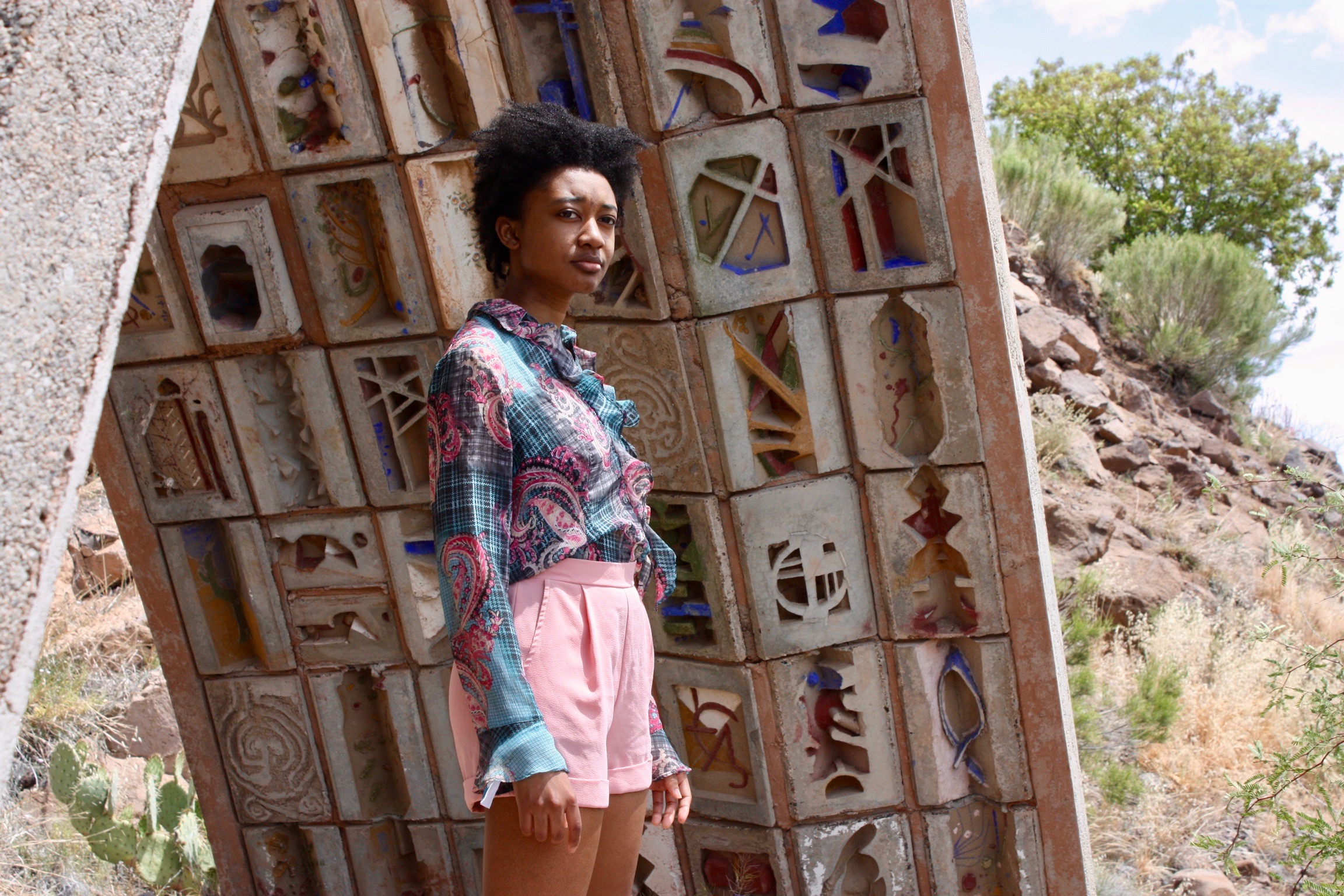
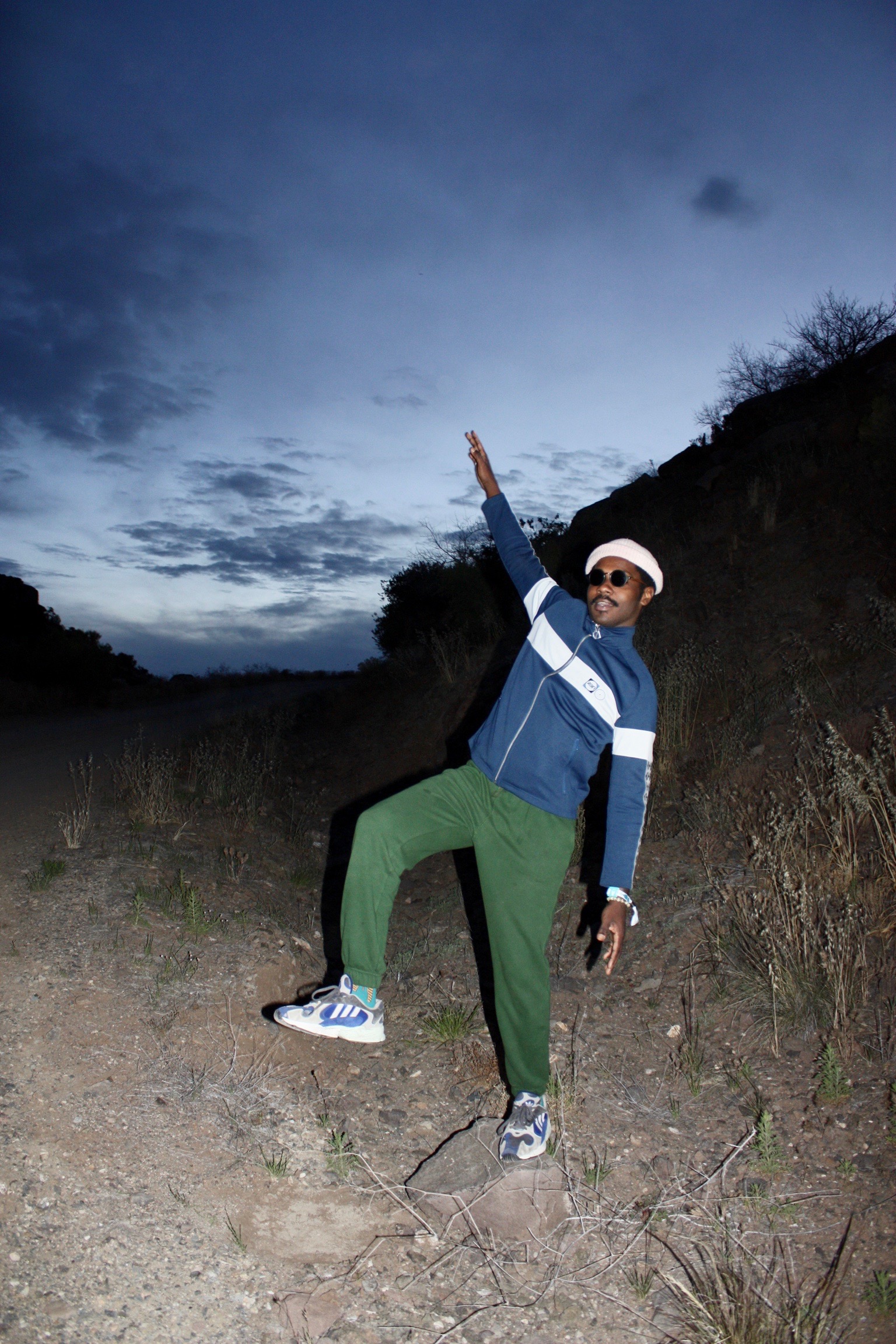
FORM is a festival environment where participants are deeply invested, for many different reasons, but aligned in a shared consciousness. You might speak to Melanie Faye, the viral Nashville-raised guitar virtuoso, about the way her playing is influenced by the cadences of her favorite R&B singers. You might meet an old-souled drummer at the experimental L’Rain set, and share your passion for Standing on the Corner and Ezra Collective songs. You might get an impassioned lesson in PaulXStretch plugins from a spoken word poet explaining how he timed a Bill Withers song beneath his prose.
But the most hopeful thing you might see is a gathering of young people unfolding without any urgency to feed consumerism or the social media paradigm—a timeless portal into a pre-digital society that is still open, if you know where to look.
from VICE https://www.vice.com/en_us/article/a3x4kg/form-arcosanti-2019-
via cheap web hosting
No comments:
Post a Comment